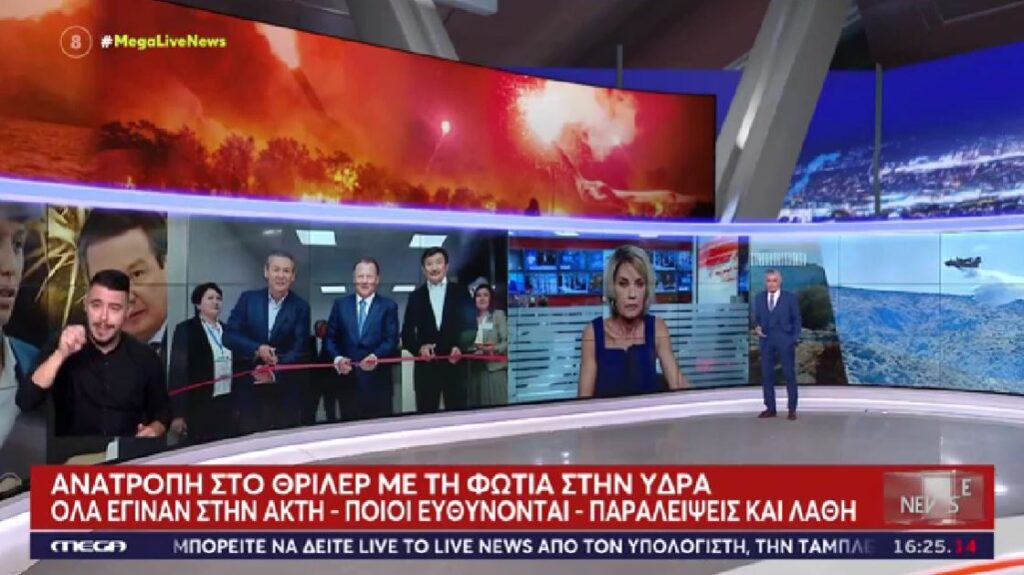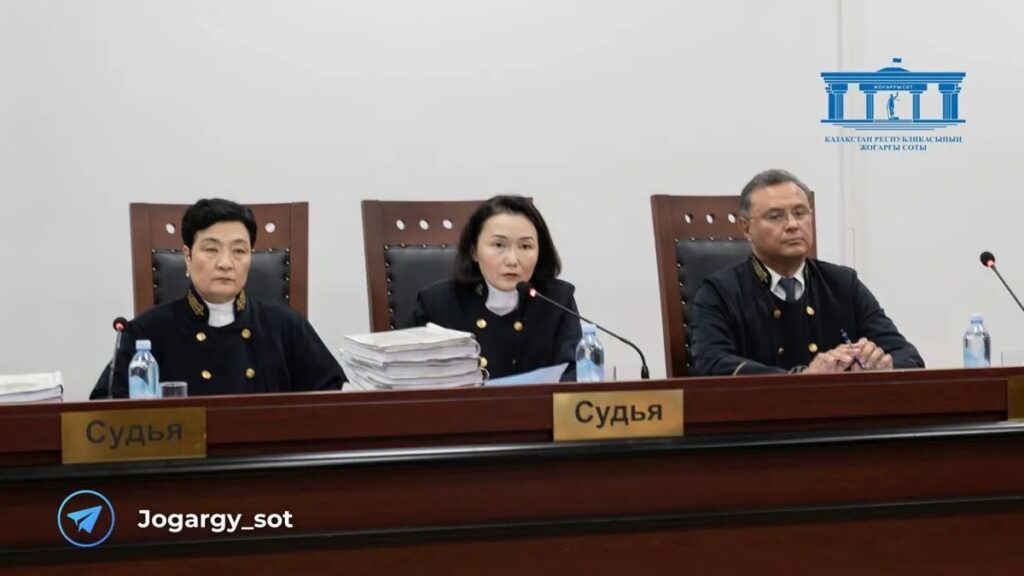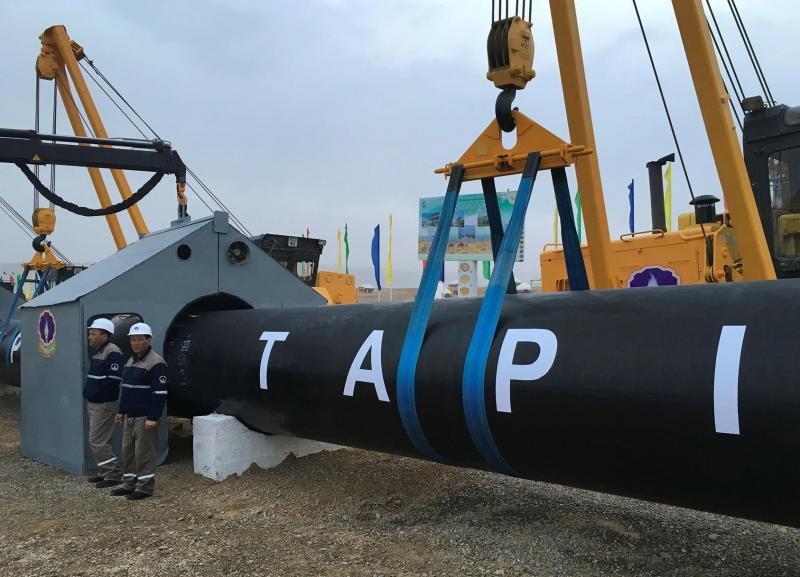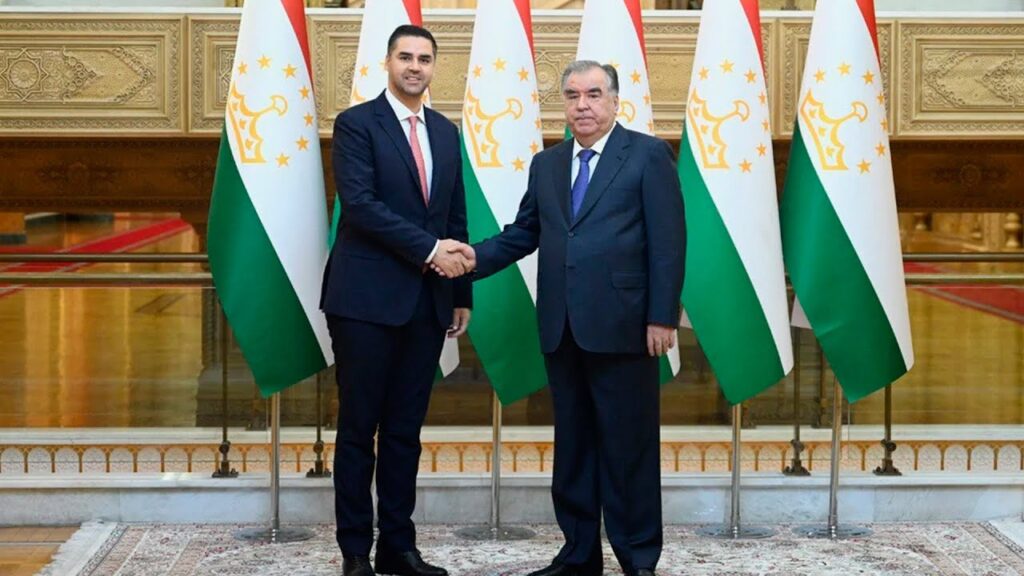Kazakh Tourists Who Left Greece Face Charges in Island Fire
The Greek authorities have charged eight Kazakh citizens with complicity in arson after a forest fire that was allegedly caused by fireworks on the tourist island of Hydra, according to Greek media. Some of the tourists are believed to be wealthy, prominent figures in Kazakhstan and the case has stirred anger in Greece, which has experienced high temperatures and wildfires in recent weeks.
The Kazakh tourists were on a luxury boat near Hydra around the time of the fire on the night of June 21, but are unlikely to appear in a Greek court soon because they left Greece by plane on the morning after the blaze. Media reports say a number of minors with the Kazakh group have not been charged. Greek outlet tovima.com said the charge was a misdemeanor.
The captain and 12 crew-members of the vessel Persephone were charged with the felony of arson and authorities are investigating how the boat passengers from Kazakhstan were able to leave the country before they could be questioned. The charges against the Kazakh tourists came after investigators found the remains of firecrackers on a Hydra beach and concluded that the passengers were on the beach at the time. Initial reports said fireworks were fired from the boat but have since been discounted.
Greek authorities have asked their Kazakh counterparts for help in the case, reported Kathimerini, a Greek newspaper. Another media outlet, Proto Thema, said “the only possibility” that the suspects could be brought to court is if they return voluntarily to Greece, though it also said they could theoretically be subject to arrest and transfer to Greece if they are found in another European country.
Citing a “manifest obtained by journalists,” the OCCRP, an investigative reporting group, listed the names of some of the Kazakh passengers who were on the Persephone. The names are now circulating in Greek media, with some reports referring to them as “oligarchs.”








